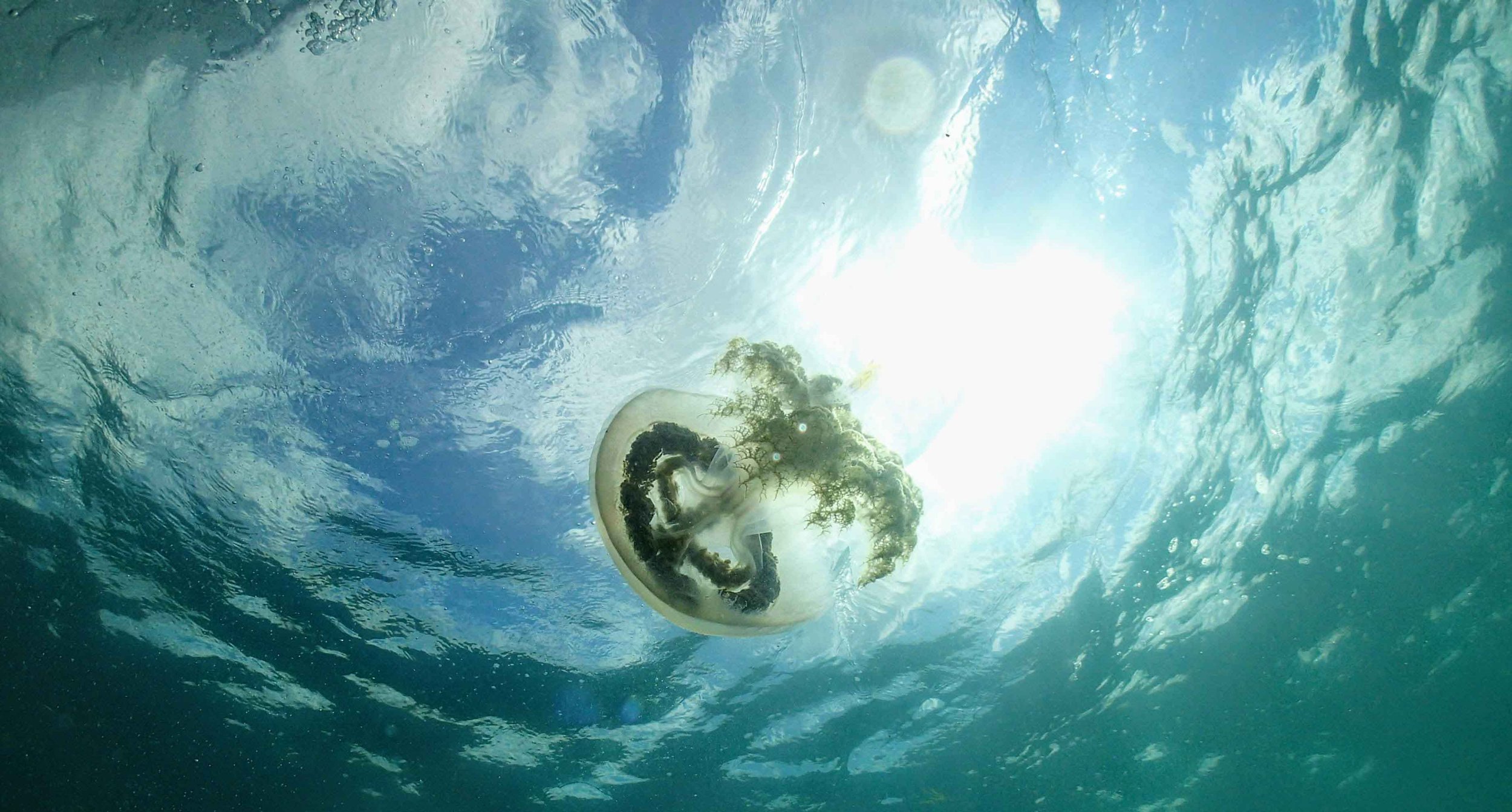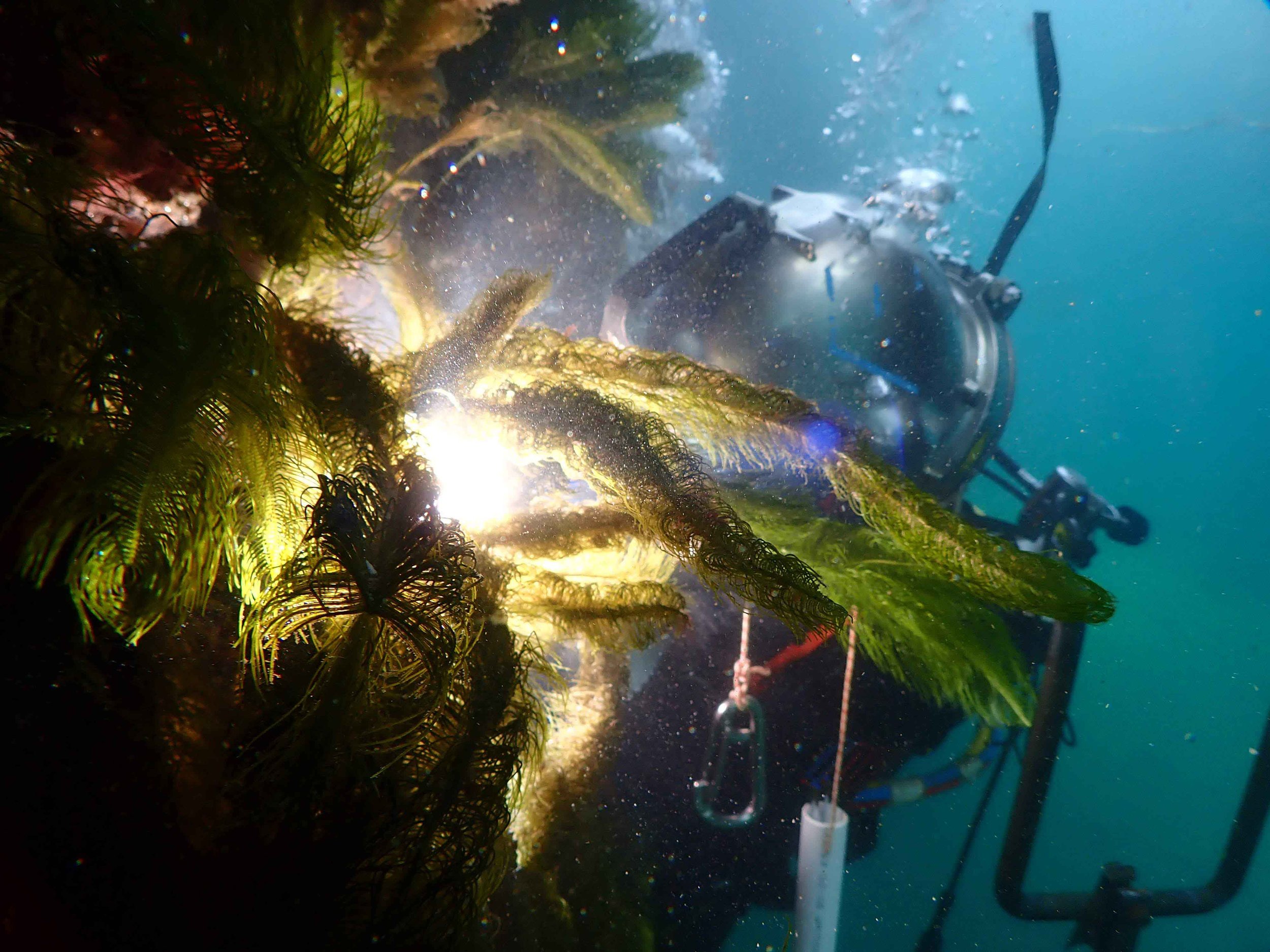Divers to the Rescue: Even Science Sometimes Needs a Sidekick
Aegir Divers: Marine Support for Environmental Studies, Marine Biology Surveys, Geological Investigations, and Underwater Archaeology
The vast expanse of our oceans remains one of the most intriguing and unexplored frontiers on Earth. From the study of ecosystems teeming with life, to the secrets buried beneath the seabed, marine research offers critical insights into the health of our planet. However, conducting such research requires specialized support—tools, technology, and expertise that allow scientists to explore the depths and gather valuable data. Enter Aegir Divers services! Marine support services are crucial for environmental studies, marine biology surveys, geological investigations, and underwater archaeology.
Marine Support for Environmental Studies
Environmental studies in marine contexts encompass a wide range of research areas, from monitoring the effects of climate change on ocean ecosystems to assessing human impacts such as pollution, overfishing, and habitat destruction. Marine support for environmental studies involves logistical and technical resources, such as research vessels, remotely operated vehicles (ROVs), and specialized sensors.
Aegir Divers key services include:
Pollution Assessment and Mitigation: The oceans are increasingly impacted by human activity, from oil spills to plastic waste. Aegir Divers team plays an essential role in tracking pollution levels, collecting samples, and aiding in cleanup efforts.
Marine Spatial Planning: Understanding how different marine ecosystems interact is crucial for sustainable development. Aegir Divers support services help map out underwater habitats and identify areas of ecological importance, guiding conservation efforts and responsible resource management.
Marine Biology Surveys
Marine biology is the study of life in the oceans, covering everything from microscopic plankton to massive whales. Marine biology surveys require specialized support to collect data in remote and often hazardous conditions.
Aegir Divers support for marine biology surveys includes:
Biodiversity Monitoring: Scientists use a range of techniques, including visual surveys, sampling, and acoustic sensors, to study marine biodiversity and assess the health of ecosystems. Aegir Divers team are essential for deploying and maintaining equipment in often challenging conditions.
Habitats and Ecosystem Assessments: Underwater ecosystems, such as coral reefs, seagrass meadows, and deep-sea vents, provide critical services to the planet. The support of commercial divers, like Aegir Divers, enables researchers to study these habitats and understand how they function, what threatens them, and how they can be protected.
Marine Geological Investigations
Marine geology focuses on understanding the physical processes of the ocean floor, including plate tectonics, volcanic activity, sediment deposition, and mineral resources. Geologists rely on the kind of marine support that Aegir Divers offers to access the deep-sea environment, often many meters below the surface, to collect data on geological formations and processes.
Aegir Divers support for geological investigations includes:
Seafloor Sediment Sampling: Sediment samples are collected to analyze past climates, tectonic events, and the geological history of the ocean floor.
Earthquake and Tsunami Studies: Understanding the relationship between tectonic plate movements and oceanic seismic activity is key to mitigating the risks of earthquakes and tsunamis. Marine support from Aegir Divers enables the installation and maintenance of sensors and equipment designed to monitor seismic events.
Marine Support for Underwater Archaeology
Underwater archaeology is the study of submerged cultural sites, including shipwrecks, sunken cities, and ancient harbours. The ocean provides a rich archive of human history, yet accessing these sites requires the specialized support that Aegir Divers provides to ensure that the archaeological work is carried out safely and effectively.
Aegir Divers support for underwater archaeology includes:
Survey and Mapping: Archaeologists use a variety of techniques to locate and map submerged
archaeological sites, including diver surveys.
Site Excavation: Marine archaeology often involves careful excavation of submerged sites, which requires specialized diving equipment and remote-operated vehicles (ROVs) to retrieve artifacts without damaging them.
Conservation and Preservation: Many artifacts discovered underwater, such as shipwrecks, require immediate conservation efforts to prevent further deterioration or environmental impact. Aegir Divers marine support assist by transporting discovered items and providing environmental conditions that help preserve the finds.
Aegir Divers: Science Sidekick Reporting for Duty!
Aegir Divers marine support for environmental studies, marine biology surveys, geological investigations, and underwater archaeology plays a vital role in expanding our knowledge of our oceans. These fields of research are essential for addressing global challenges such as climate change, biodiversity loss, and the preservation of cultural heritage. With the help of specialized equipment and experienced diving teams, marine researchers are able to unlock the secrets of the ocean, ensuring the sustainability of marine environments and deepening our understanding of Earth’s history.
As exploration techniques continue to evolve, the future of marine support promises even greater advancements in the study of the ocean and the critical work being done to protect and understand its ecosystems and histories. The oceans hold answers to many pressing questions—our ability to access and study these depths will be key to solving them. Aegir Divers is ready, willing and able to support the access of the depths science needs to reach.
Aegir Divers Science Support Team





